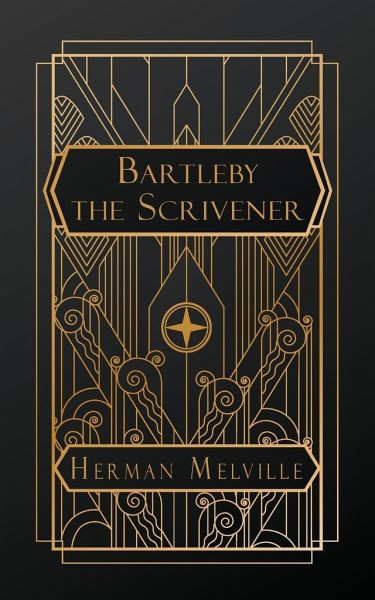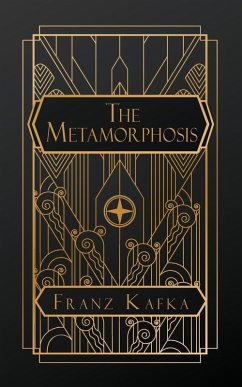
Bartleby, the Scrivener
A Story of Wall Street
Versandkostenfrei!
Versandfertig in über 4 Wochen
8,99 €
inkl. MwSt.

PAYBACK Punkte
4 °P sammeln!
Bartleby, the Scrivener: A Story of Wall Street is a short story written by the American author Herman Melville. It was first published anonymously in two parts in the November and December 1853 issues of Putnam's Magazine. This enigmatic novella is a timeless tale of isolation and defiance in the heart of New York City. Bartleby, a quiet, passive scrivener, refuses to conform to societal norms, challenging the very fabric of the rigidly structured Wall Street world. Through its profound exploration of individual agency and the complexities of human interaction, Melville's masterpiece continue...
Bartleby, the Scrivener: A Story of Wall Street is a short story written by the American author Herman Melville. It was first published anonymously in two parts in the November and December 1853 issues of Putnam's Magazine. This enigmatic novella is a timeless tale of isolation and defiance in the heart of New York City. Bartleby, a quiet, passive scrivener, refuses to conform to societal norms, challenging the very fabric of the rigidly structured Wall Street world. Through its profound exploration of individual agency and the complexities of human interaction, Melville's masterpiece continues to captivate readers, inviting contemplation on the nature of autonomy, compassion and the inherent contradictions of modern existence.















